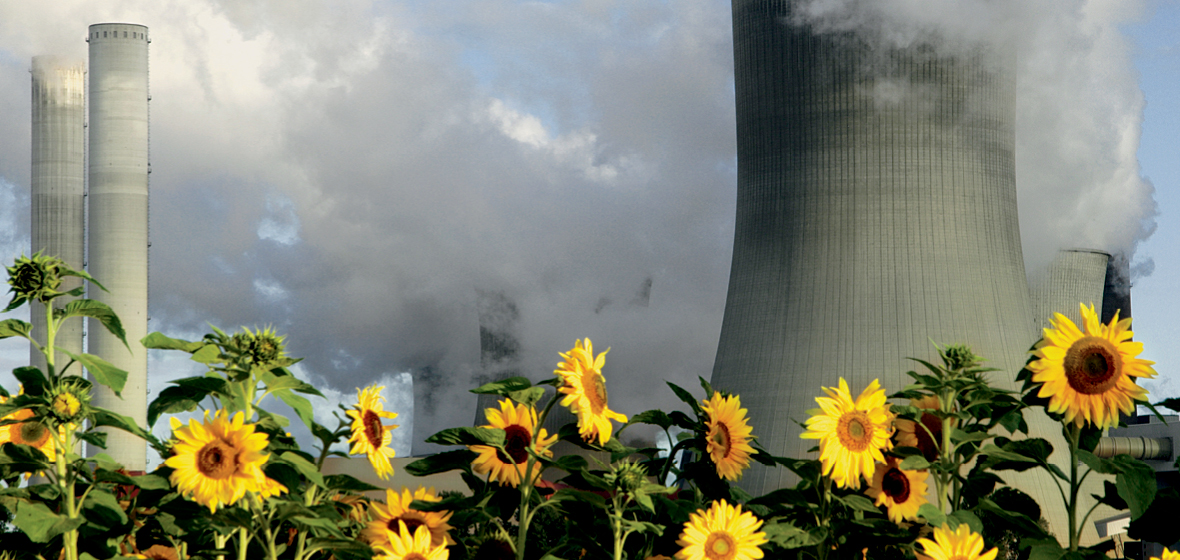From Goondiwindi to the European Union, Dominique Doyle moved across the globe to find adventure. Somewhere along the way, she landed her dream job. Based in Brussels and working as an environmental lawyer for non-profit law group ClientEarth, Doyle has dedicated her career to combating what she calls the “ticking time bomb of climate change”. She says using public interest law to protect the planet may seem like a long game, but time is running out.
When Dominique Doyle reflects on her career, ubiquitous worries about things such as the billable hour wash away. Once on track for a long and prosperous career in private practice, Doyle now concerns herself with the escalating impacts of climate change and what that means for her client – the earth. Every second counts.
“You always think about what you’re doing in comparison to the science that is out there, which says this problem needs to be stopped in ‘X’ amount of time,” Doyle says.
“I am at the beginning of my career, but to limit global warming to 1.5 degrees, all coal power plants in EU and OECD countries must be closed by 2030, which is not very far away.”
Doyle, 30, visited Bulgaria in July, one of most polluted regions in the European Union. She met with people whose homes were being expropriated by coal mines. Following a winding drive through vistas bursting with sunflowers, she sat in the gardens of villagers and listened to their stories about the standover tactics of powerful mining companies.
“These villages are so rural and a lot of them are quite traditional in their farming methods,” Doyle says. “They have no access to legal representation, so the mining companies compensate them very little – nothing like their current way of life permits.”
In Bulgaria, where the sun shines for about 105 days a year and coal is the primary power resource, scores of people live on all sides of an open-cut mine. According to Doyle, nearly all of them are at risk of being “eaten up”. It is this part of her work that reveals representing the interests of the earth has serious human implications, with the poorest often experiencing the brunt of it.
“People will be told, ‘Your son works in the mine, so if you don’t sell out at this price, he may lose his job’. Then the mine will offer them a figure and say, ‘If you don’t accept this, it will be lower next time’. It’s really nasty stuff,” Doyle says.




